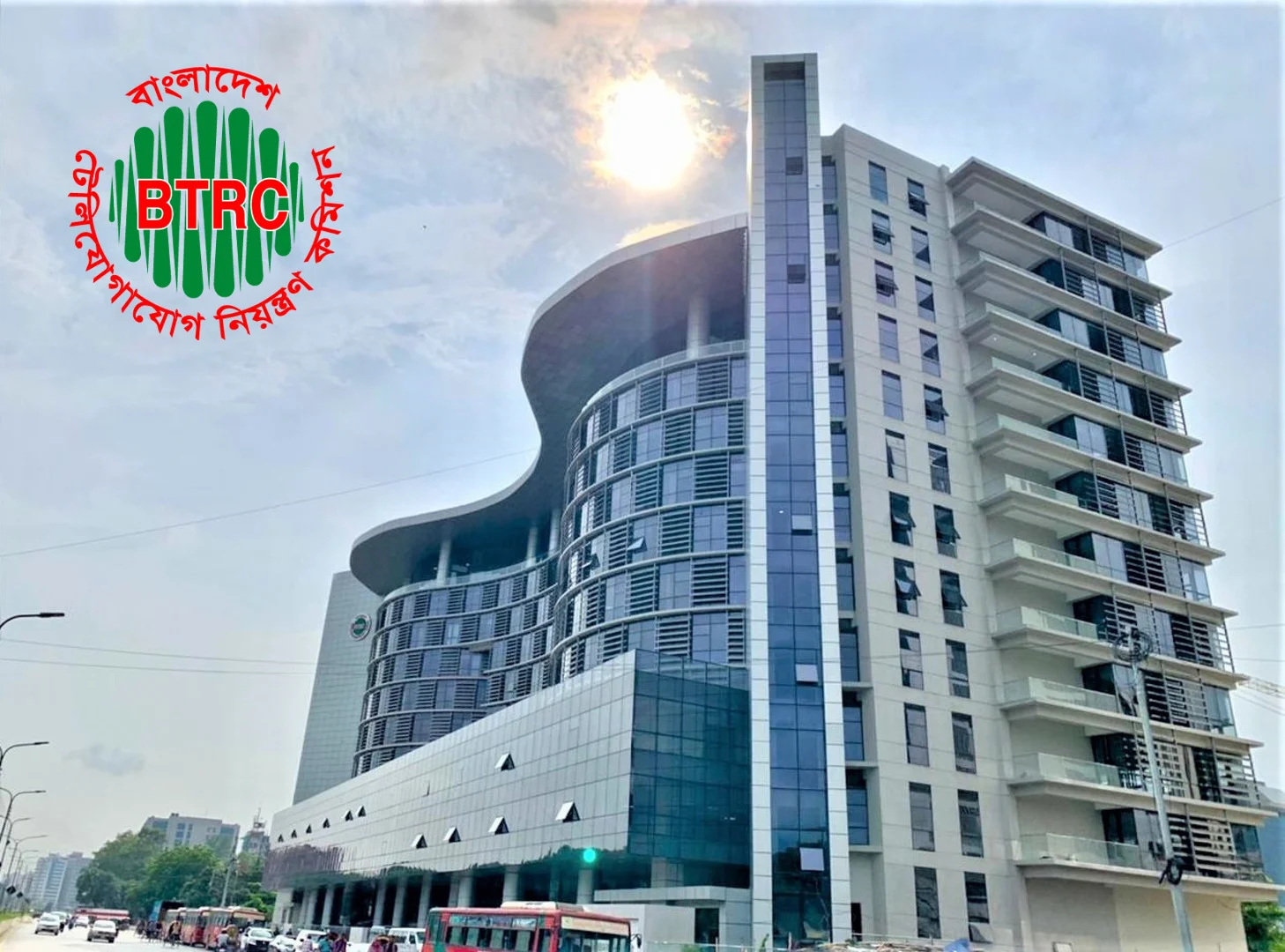News Flash
News Flash

DHAKA, April 23, 2025 (BSS)- Bangladesh Telecommunication Regulatory Commission (BTRC) has unveiled a proposal to restructure its licensing framework, introducing three new categories aimed at embracing technological advancements and ensuring tech-neutrality.
Alongside the license, the regulator also proposed two types of enlistment, which will cover small internet service providers and small telecom services, according to the draft “Telecommunication Network and Licensing Regime Reform Policy 2025”.
Currently, there are 3,573 licensees in 27 categories in the country issued by the telecom regulator, and the existing IGW, IIG, ICX, NIX licenses to be discontinued after expiry.
“Through this reform, we aim to ensure that each license category remains distinct and does not overlap with each other. Instead of competing, they should complement with each other,” BTRC Chairman Major Gen Md Emdad Ul Bari (retd) said.
BTRC has placed the draft policy for public consultation and sought comments and suggestions from stakeholders, experts and individuals by April 30.
The three new categories are: Access Network Service Provider (ANSP) (separate licenses for Mobile and Fixed services); National Infrastructure and Connectivity Service Provider (NICSP); and International Connectivity Service Provider (ICSP).
Under the ANSP, there will be primarily two individual license categories in this type- Cellular Mobile Service License and Fixed Telecom Service License.
As per the draft, all types of voice, broadband internet, data, and digital services of GSM/IMT/3GPP/LTE technologies or their next evolution will remain under Cellular Mobile Service Provider. The license in this category will be limited.
All types of voice, internet, data, digital services of fixed wired (example: optical fiber) or wireless (WiFi) technologies will be provided by the Fixed Telecom Service Provider, and its license will remain open.
Besides, services such as submarine or terrestrial cable-based international connectivity, IP transit, carrier contracts, and call termination will fall under the international connectivity category.
Licenses for international gateway (IGW) and international internet gateway (IIG) services will be discontinued upon expiry, mostly by 2027.
Existing license holders may apply for the broader international connectivity provider license, according to the draft.
Under the national infrastructure and connectivity service category, firms will provide services like domestic transmission using optical fiber, high-speed radio internet through lease of telecom tower and facility sharing.
However, interconnection exchanges (ICX), existing in the voice industry and the national internet exchange (NIX) licenses will be discontinued after expiry. The existing license holders may apply for a broader category license.
In the access network layer, which serves end users directly, no license will be revoked.
However, in a move to simplify the system, fixed broadband internet service licenses – currently issued separately for national, divisional, district, and thana levels — will be merged into a single fixed telecom service license.
Smaller ISPs that do not meet the new requirements will be able to register as small ISPs through an enlistment process.
BTRC also proposed removing licensing or registration requirements for call centre services, vehicle tracking services, and telecommunications value-added services.
The proposed reforms, after public consultation, will await government approval.
To establish a simplified network topology, BTRC aims to replace the existing fragmented and multilayered network structure with a streamlined, service and technology-neutral model that enables better quality of services (QoS) for subscribers and efficient operation for operators.
The new network topology will allow for vertical and horizontal integration of new services, and will allow to ‘bend’ and ‘branch’ the new topology as and when required and thus will offer a flexible modality to adjust with emerging needs of the sector.
The new policy further opens the door for foreign investment. Under the National Infrastructure and Connectivity Service Provider (NICSP) License, up to 70 percent foreign ownership will be allowed, while the International Connectivity Service Provider (ICSP) License will permit up to 49 percent foreign ownership. These changes are expected to pave the way for increased international investment and technology transfer in Bangladesh’s telecom sector.
The policy also stated that special connectivity support will be ensured to encourage the development of local Content Delivery Networks (CDNs or hyper scalers) and data centers.
It mentioned that Mobile Number Portability (MNP) will continue to operate under a separate license for now. However, once the new license categories are introduced, MNP may be transitioned into the NICSP category.